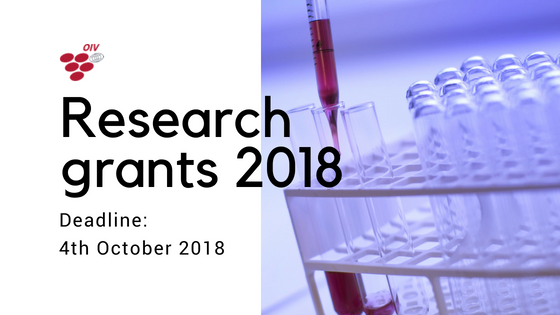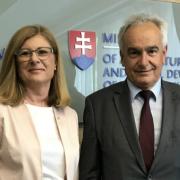
This visit was a continuation of the presentation of Slovakian wines which took place in Bordeaux this past 30th November.
During an interview at the Ministry of Agriculture, Gabriela Matečná emphasized the dynamic nature of their vitivinicultural industry which is in the midst of a major renewal, accompanied and supported by the government.
This process of modernisation relies on the great variety of terroirs, the promotion of indigenous vine varieties and research on the value added through the production of high-quality wines.
More than 80% of Slovakian wines bear an AOC or a PGI. “Slovakia is a little country with big wines”, the Minister is proud to say.
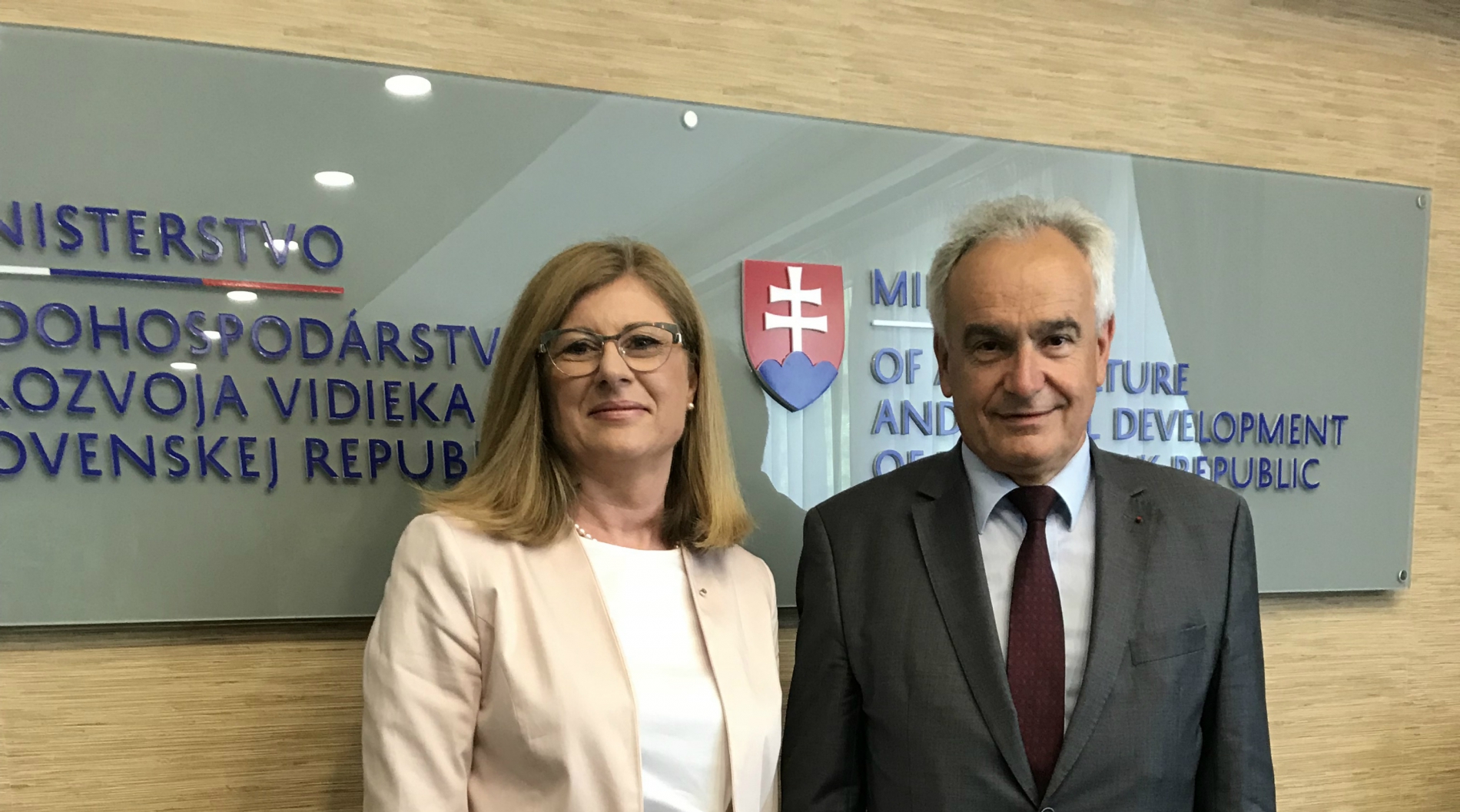
Within the framework of research and training development policies, the Minister mentioned the possibility of presenting a Slovakian candidate for the grants distributed by the OIV.
Jean-Marie Aurand welcomes the many relationships between the OIV and Slovakia, mentioning among others the role of Ambassador František Lipka as President of the OIV Awards Jury.
The diversity of Slovak vitiviniculture
During the “Viticulture Workshop” organised as part of the National Slovakian Wine Exhibition, the Director General of the OIV made a presentation to the Slovakian Association of Winemakers regarding the Organisation and the state of conditions of the wine industry, highlighting the major changes and primary challenges which future holds.
After a presentation on the control and certification system by Ivana Benkovičová (Slovakia’s delegate to the OIV) and an overview of the situation of vitiviniculture in Slovakia by the President of the Winemakers Association, Ondrej Celleng and their general director Jaroslava Kaňuchová-Pátková, the award ceremony of the National Slovakian Wine Exhibition took place.
The end of the trip was reserved for visits to three farms which represent Slovakian vitiviniculture in all its diversity.
The weekend was also marked by the organisation in Prešov of the 23rd Muvina International Wine Competition, placed under the patronage of the OIV.
Slovakia features almost 600 producers growing around 10,000 ha of vines (of a potential 16,000 ha) for a production of about 300,000 hL annually, which is primarily sold within the national market.
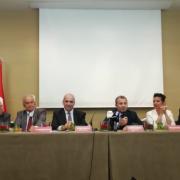
This event, the fifth of its kind, (the previous iterations having taken place in France, the USA and Germany) brought together 32 business from the country’s different viticultural areas.
On this occasion, the Minister for Foreign Affairs, Gebran Bassil, highlighted the dynamism of the Lebanese vitiviniculture industry, with its high-quality wines which are exported around the world.
The Director General for Agriculture Louis Lahoud recalled the long history of Lebanese viticulture and emphasized the efforts made by the Lebanese government to promote their wines and support businesses within the industry.
In an ever more globalized world market where nearly 45% of wines consumed have crossed at least one border, common promotion makes more sense than ever, as Jean-Marie Aurand made clear in his speech.
Lebanon boasts 14,000 ha of vines across the country for an annual production of 80,000 hL, of which more than 20% is exported around the world.
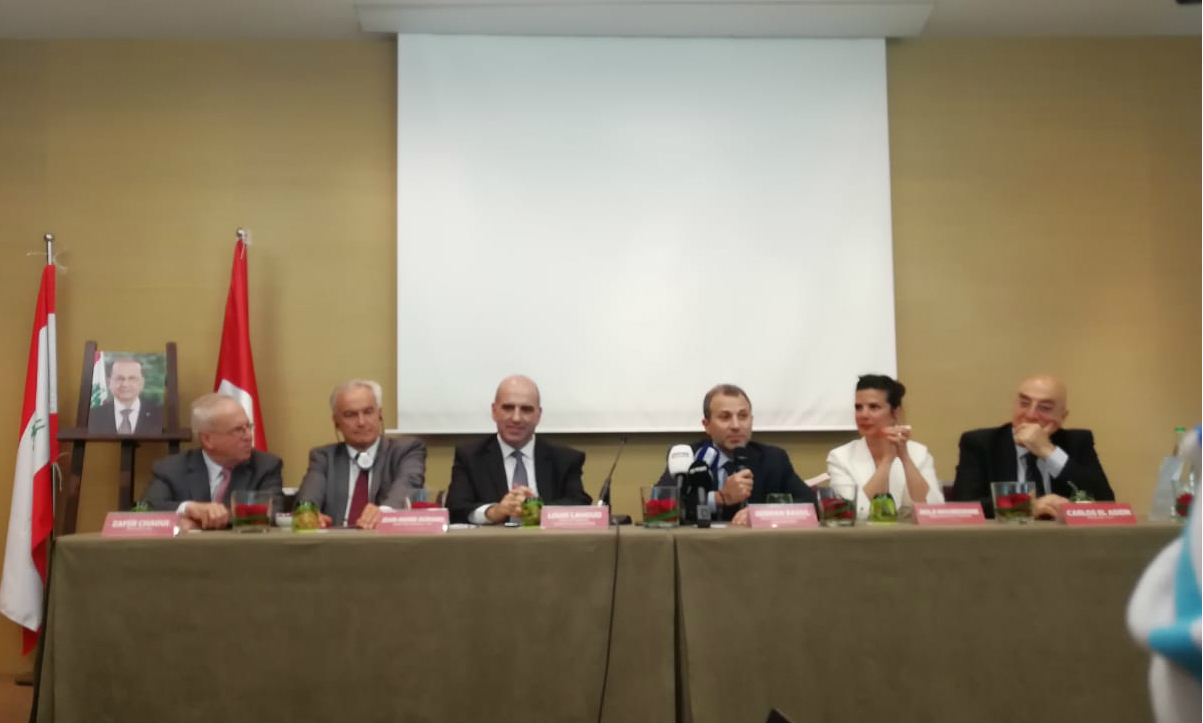
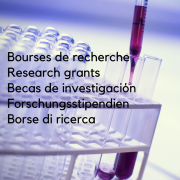
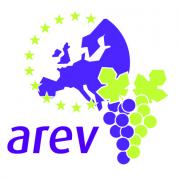
Many professional and representatives speakers hosted a reflection on the major challenges of the vitiviniculture sector in a European context marked by the reform of the Common Agricultural Policy (CAP) and of the Common Market Organisation for wine.
Jean-Marie Aurand, after a presentation of the OIV, returned this reflection to the global level by putting into perspective the broad evolutionary trends of the sector so as to better understand Europe’s place in this increasingly global market, where nearly 45% of wines cross a border before being consumed. He emphasised that Europe is very representative of the great diversity of products on offer (brands, geographical indications, vine varieties...) which characterise the global market and, paradoxically, assure it remains vibrant by responding to the needs of increasingly informed and demanding consumers.
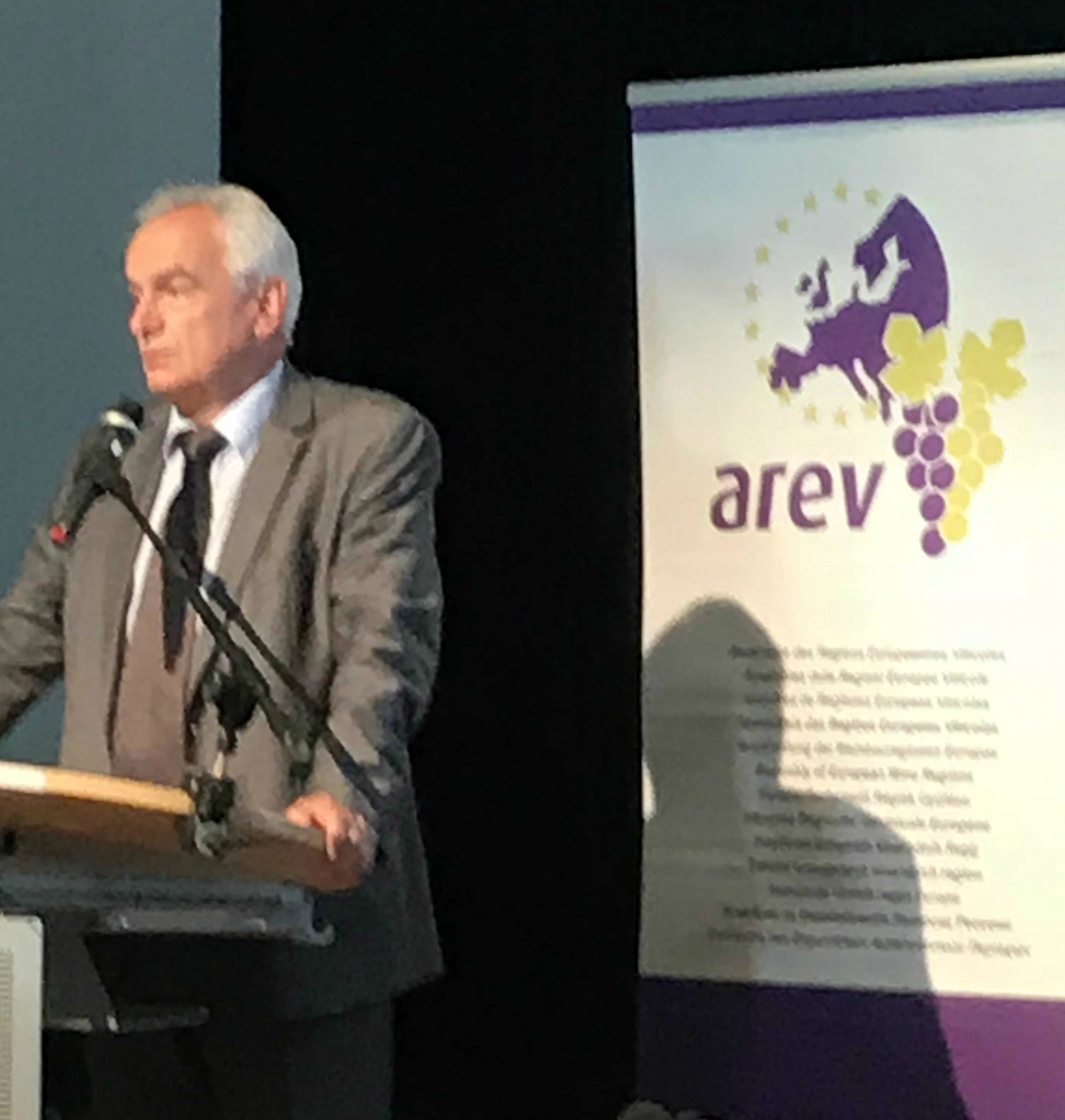
In order to be ready to meet this demand for authenticity, territorial origin, even for history and heritage, the Director General of the OIV emphasised the interest of regional and federal approaches promoted by the AREV in their different territorial, wine-tourism and cultural dimensions in combination with wine civilisation.
Finally, Jean-Marie Aurand recalled the role of the AREV which has for many years held observer status within the OIV and was happy to note the tightening of ties with this Assembly over the past few years.
The AREV is a forum which brings together the political representatives of around 75 regional European institutions and representatives of the professional world of the region. With the power of this double representation, the AREV serves all institutions and bodies directly or indirectly involved with European and global vitivinicultural policies. The AREV re-appointed Emiliano Garcia-Page Sánchez (President of the Castilla-La Mancha region) to his position as President, as well as Aly Leonardy of Luxembourg to his position as President of their Professional Council.

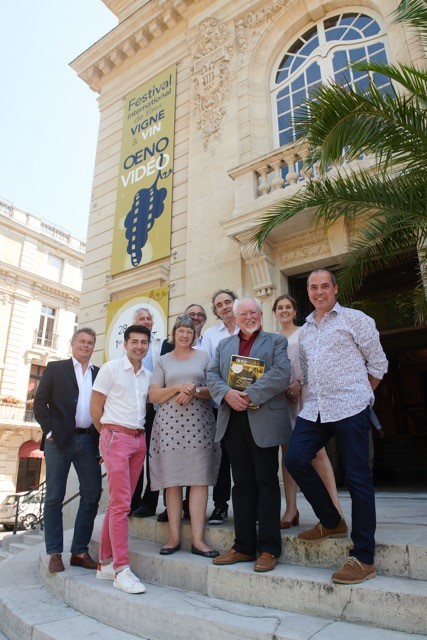
©LoïcLemahieu/AudreyMarcy
The Gabrielle Dorziat theatre in Epernay (listed as a historical monument) hosted 38 official projections, selected out of 128 films from 19 countries in the competition. This year’s festival confirmed its international scope, giving awards to productions from Chile, China, Spain, the United States, France, Great Britain, Italy and Lebanon. Consult the list of award winners (link in French).
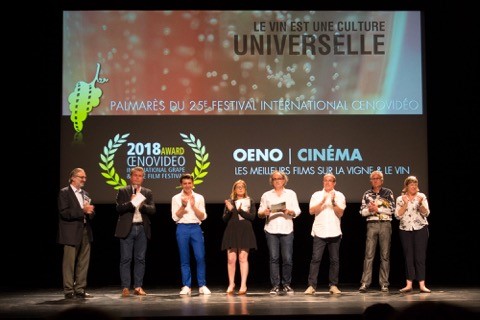
©LoïcLemahieu/AudreyMarcy
A travelling festival since its creation, at the invitation of the Champagne Committee and the Town of Epernay, Oenovideo celebrated hitting the quarter-century mark toasting with the bubbles so characteristic of the region.
At the same time as the festival, the 13th Terroir d’Images exhibition (link in French) was presented in Reims (and is on until 13 July 2018) at the Maison Diocésaine Saint Sixte, under the theme of ‘Biodiversity from daybreak to moonrise in the vineyards and surroundings’ (Biodiversité : du jour naissant au clair de lune - Dans les vignes et alentours). Over 100 photos were selected out of 1500 photos from 15 countries in the competition. The Grand Prix winner will be revealed during the official awards ceremony, which will take place on Wednesday 17 October 2018 in the Palais du Luxembourg, in Paris.
Climate change and sustainability: a central theme for the films put forward
The OIV Press Officer, Daniela Costa, praised the quality of this year’s festival, marked by a common concern in all of the films presented: climate change and sustainability.
This is a priority issue for the OIV, as attested by the presence of ‘Promote sustainable vitiviniculture’ as one of the five strategic axes established for the OIV Strategic Plan 2015-2019. Additionally, in 2015 the OIV decided to restructure its working groups through the creation of a multidisciplinary, horizontal group – the ENVIRO Group – dedicated to the theme of ‘Sustainable development and climate change’.
